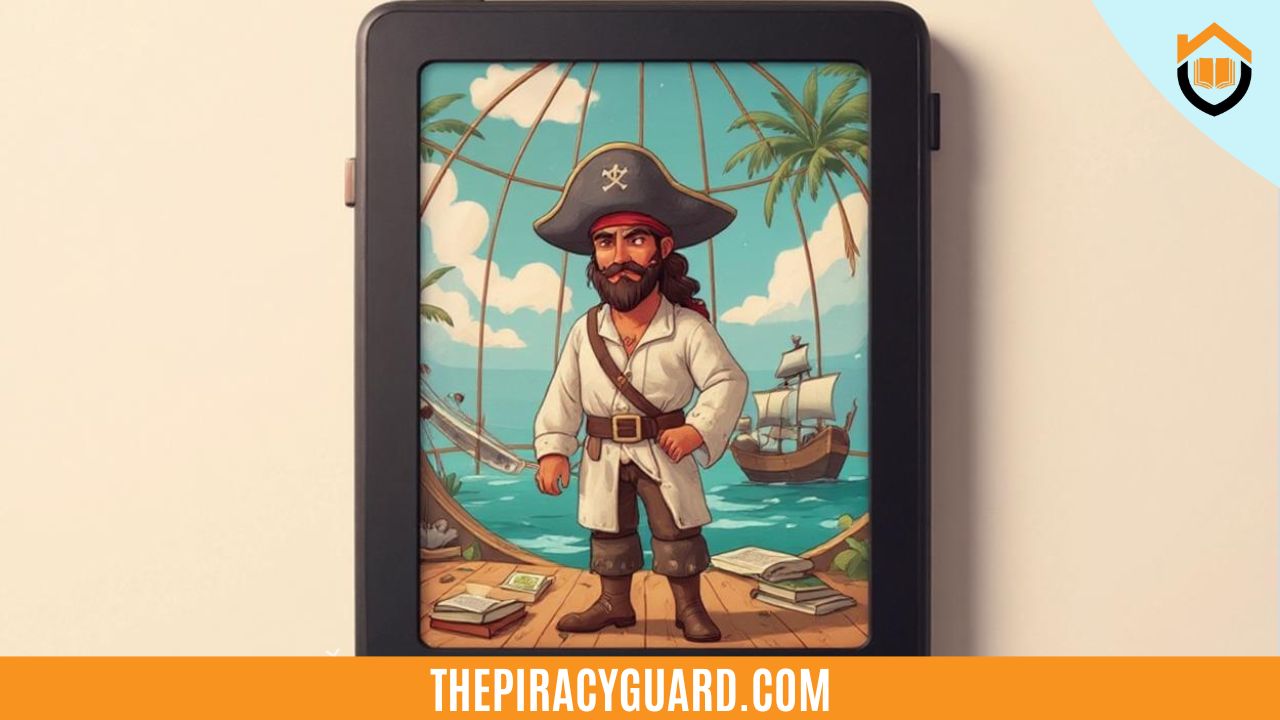For authors, particularly those navigating the independent publishing landscape, a persistent debate echoes through online forums and conference halls: which is the greater enemy, piracy or obscurity? On one hand, the thought of readers stealing your work is deeply unsettling. On the other, what if no one even knows your book exists to steal it in the first place?
Technologist and publisher Tim O’Reilly famously stated years ago, “For a typical author, obscurity is a far greater threat than piracy.” (O’Reilly, quoted in multiple sources like Jenkins, Author Media). This sentiment resonates strongly, especially with new authors struggling for visibility in a crowded marketplace. The logic is compelling: if no one discovers your book, you make no sales, regardless of piracy. Some even argue that piracy can, in rare cases, lead to discovery by readers who might later become paying fans (a view debated by many authors).
The Undeniable Challenge of Obscurity
Let’s be clear: obscurity is a massive hurdle. Millions of books compete for reader attention. Achieving visibility requires significant effort in marketing, platform building, and reader engagement. Without discoverability, an author’s potential remains untapped. It’s understandable why many prioritize getting their name and work out there above all else, viewing any potential piracy as a secondary concern or even a sign they’ve ‘made it’ enough to be noticed.
But Piracy Isn’t Harmless
While acknowledging the threat of obscurity, dismissing piracy as irrelevant or beneficial is often an oversimplification that ignores tangible costs. As discussed previously, ebook piracy is estimated to cost the U.S. publishing industry around $300 million annually (Forbes, Authors Guild), directly impacting author royalties.
- Real Financial Loss: While some pirates may never have purchased the book, studies and author experiences suggest that a significant portion might have, especially if the illegal option wasn’t readily available. For authors relying on royalties for income, this isn’t theoretical; it’s money lost.
- Devaluation: The widespread availability of free, illegal copies can normalize the idea that digital books should be free, potentially harming the perceived value of all ebooks and making legitimate sales harder.
- It’s Not Just Best-Sellers: While high-profile authors might absorb piracy losses more easily, mid-list and niche authors, who often operate on tighter margins, can be disproportionately affected.
- The Time Sink: Actively fighting piracy manually consumes time – time that could be spent combating obscurity through writing and marketing.
Striking a Strategic Balance
Perhaps the piracy vs. obscurity debate presents a false dichotomy. Authors don’t have to choose one enemy to fight while ignoring the other. A successful long-term career requires addressing both visibility and protection.
- Focus on Discoverability: Continue prioritizing marketing, building your author platform, engaging with readers, and making your books easily available through legitimate channels worldwide at fair prices. This remains fundamental.
- Implement Smart Protection: Don’t ignore piracy, but don’t let it consume you. Register your copyright. Understand the DMCA process. And crucially, leverage technology to handle the burden of monitoring.
- Leverage Automation: This is where the balance becomes achievable. Instead of spending hours manually searching for infringing links (time stolen from fighting obscurity), use an automated monitoring service. Tools like thepiracyguard.com are designed specifically for this purpose. They continuously scan the web for unauthorized copies of your books, identify infringing URLs, and can often manage the takedown process efficiently. This frees up your valuable time and mental energy to focus on writing and reaching new readers, effectively allowing you to combat obscurity while still actively managing the piracy threat.
Conclusion
Obscurity is undoubtedly a formidable challenge for authors. Getting your work discovered is paramount. However, this doesn’t negate the real financial and emotional costs associated with book piracy. The most effective approach isn’t to choose one foe over the other, but to develop a strategy that addresses both.
By focusing on discoverability while employing smart, efficient tools like thepiracyguard.com to manage piracy protection, authors can strike a sustainable balance, safeguarding their income and intellectual property without sacrificing the time needed to grow their readership and build a lasting career.
(Disclaimer: This guide provides general information and perspectives, not financial or legal advice.)

